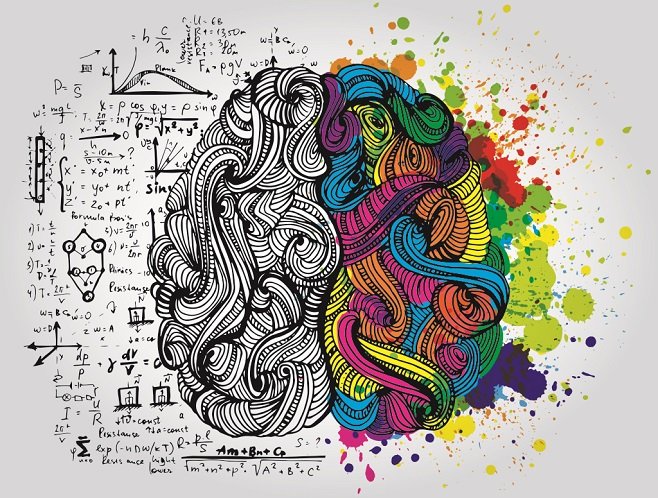Psychic properties are permanent psychic structures that define human activity, are conditioned by the direction and level of its social level and are different and specific to each individual. Psychic properties are actually existing habitual psychic components of the regulation of activity that arise in the interaction of the individual with the environment. Psychic properties are perceived as psychic content / reflection product / and also as qualities of mental processes and states.
For example, mental content as a reflection of public experience is reinforced in the form of - knowledge, as a reflection of public views, norms and values, as well as the attitude of the individual to the environment and to himself - in the form of attitudes, beliefs; certain up-to-date properties of mental processes are strengthened in the form of abilities, skills and habits; certain qualities of mental states are strengthened in the form of feelings. The peculiarities of psychic properties depend on the innate functional properties of the nervous system, but above all on the relatively stable and homogeneous internal conditions of the activity. Mental content consists of internal images of objects, attitudes, processes and states in one's own organism, as well as the relationship between the individual and the environment. These images exist in the form of perceptions, concepts, notions, judgments, opinions, emotions, etc. , where there is always a unity between actual and updated reflection.
They arise through various psychic processes against background psychiatric conditions. Mental content is, for example, the perceptions of the objectives, the conditions, the means and the methods, as well as the consequences of the activity, the emotional and rational and the relationship of the subject to the subject and the conditions of the activity, its various aspirations and desires. Psychological qualities are defined in Psychology of Personality, as they are: - personality orientation - the most personal personality strategy of a person. It is characterized by: worldview (it comes from the Russian worldview and represents the philosophy of every person); - need and motivation / needs are the most intimate part and are divided into psychological and social, the reasons are related to the needs /; - desired and objective and / or are external expression of needs /; - norms and ideals / are an essential part of the personality orientation and fall into the category of value orientation. They form conscience.

You got a 20.55% upvote from @upme thanks to @godflesh! Send at least 3 SBD or 3 STEEM to get upvote for next round. Delegate STEEM POWER and start earning 100% from your share, daily payouts ( no commission ).
Quick delegation links: 25SP | 50SP | 100SP | 250SP | 500SP | 1000SP | 2000SP | 5000SP | Custom Amount